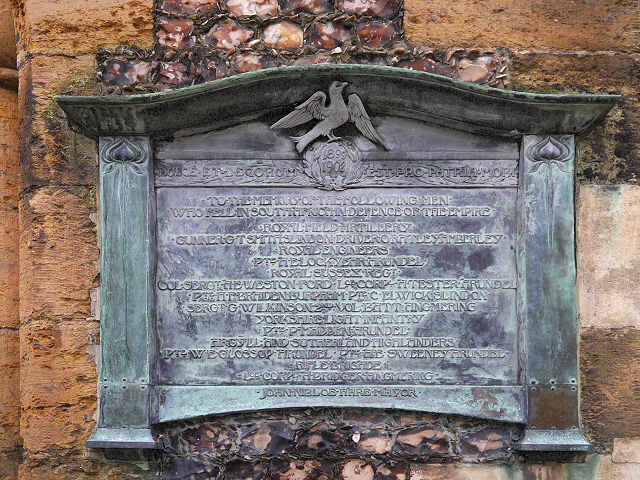

The pain undergone by the soldier is ‘obscene as cancer, bitter as the cud of vile.’Īll these horrifying images of distort and disgust completely contrasts with the Latin maxim from which the poem’s title ‘Dulce Et Decorum Est’ has been taken. One could hear at every movement, the gargling of the blood from the forth-corrupted lungs. The poet saw the white eyes of the soldier ‘writhing in his face.’ The face hanging loose from the body and is compared to a face of the devil who is tired of sin.

The soldier’s lifeless body was flung into the wagon. The narrator and the other comrades look upon the ‘helpless sight’ of the soldier dying in agony, ‘he plunges at me guttering, choking and drowning.’ In the final stanza of the poem, Dulce Et Decorum Est, the poet describes the face of the dying soldier. Some of these cookies are essential to the operation of the site, while others help to improve your experience by providing insights into how the site is being used. Dulce et decorum est pro patria mori Spanish Translator dulce et decorum est pro patria mori Translation Currently unavailable. He was found ‘yelling and stumbling/ And floundering like a man in fire or lime.’ The narrator looks back and finds the soldier’s protective mask being engulfed into the Green Sea. A poem by Wilfred Owen named Dulce et Decorum est, final sentence 'The old lie Dulce et Decorum est Pro patria mori.' This site uses cookies. Owen describes the soldiers as ‘old beggars under sacks.” In lines 9-14, someone freaks out, ‘Gas! Gas! Quick boys!’ The soldiers are immediately transported into an ‘ecstasy of fumbling.’ They are in a hurry to put on the mask before the deadly poison can take their lives. Owen has skillfully used graphic imagery to bring out the horrors of warfare.


 0 kommentar(er)
0 kommentar(er)
